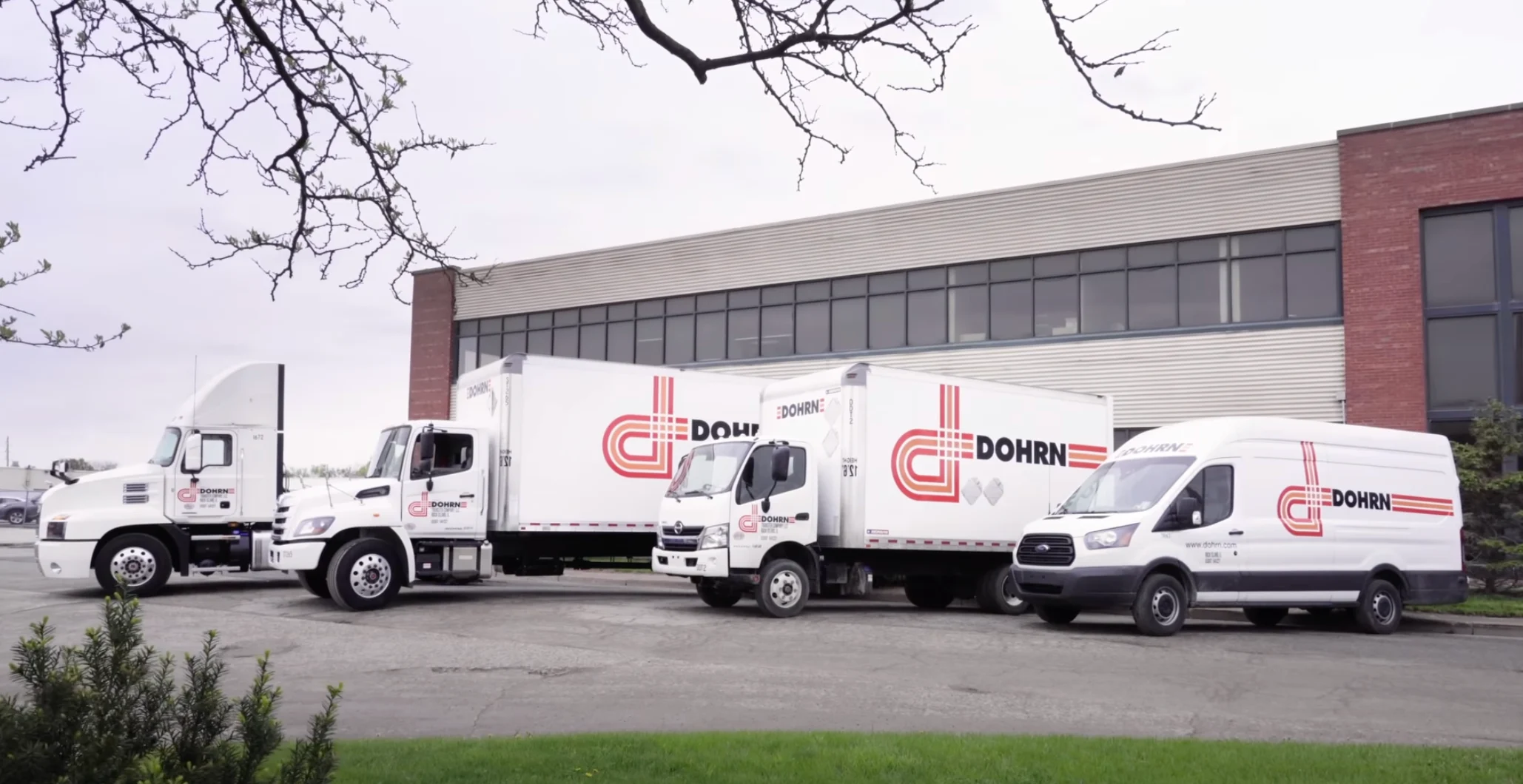ELD mandate news: Keep your fleet compliant and informed with the latest ELD news
February 28, 2025

Get Started with Samsara
Check our pricesKey Takeaways
The ELD mandate went into effect on December 18, 2017, and its impact continues to be felt among trucking companies, truckers, commercial drivers, fleet managers, and truck drivers alike. To keep your fleet compliant and avoid ELD violations, we've compiled the latest news to keep you informed on the most recent ELD insights in the trucking industry.
To help, we've compiled the latest news to keep you informed on the most recent ELD insights in the trucking industry.
What is the ELD mandate?
The ELD final rule is part of the MAP-21 mandate from congress that went into effect in 2017. The ELD mandate was passed as a way to ensure that commercial drivers have a safe work environment and to create an easier system to track and manage records of duty status (RODS). The Federal Motor Carrier Safety Administration (FMCSA) introduced these ELD requirements to annually avoid thousands of crashes, save lives by reducing drowsy driving, and save billions of dollars in paperwork expenses.
The ELD mandate includes provisions that are meant to prevent data tampering and driver harassment. It also outlines set procedures for data transfers so it's easier to demonstrate compliance and share RODS with safety officials.
The mandate was implemented in two main phases:
Phase One (December 18, 2017): All vehicles subject to the ELD mandate were required to record Hours of Service electronically using devices compliant with Federal Motor Carrier Safety Administration (FMCSA) regulations (49 CFR 395.15). Devices installed after this date had to be ELDs, though existing automatic on-board recording devices (AOBRDs) could still be used.
Phase Two (December 16, 2019): All devices had to be ELDs, and AOBRDs no longer satisfied the mandate. Data had to be recorded directly from the vehicle's engine and automatically transmitted to the Department of Transportation (DOT) to ensure compliance with ELD requirements.
As of January 2025, the FMCSA has removed several ELDs from its list of registered devices due to non-compliance. Motor carriers using these revoked ELDs must replace them with compliant devices by the specified deadlines to avoid violations.
Recent developments for the ELD mandate: 2024 and 2025
1. Removal of non-compliant ELDs: FMCSA revoked several ELDs from its list of registered devices due to non-compliance with technical specifications. Removed ELDs include:
January 8, 2025: Six ELDs were removed, including BLUE STAR ELD, ROAD STAR SOLUTIONS, United ELD, Speed ELD, and two TrackEnsure ELD devices. Motor carriers using these devices must replace them with compliant ELDs by March 9, 2025.
December 18, 2024: Two devices, Mountain ELD and XELD, were revoked. Carriers have until February 16, 2025 to transition to compliant devices.
December 11, 2024: Four devices, including COLUMBUS ELD and three MasterELD models, were removed. The deadline for replacement is February 9, 2025.
2. Upcoming ELD rule revisions: FMCSA plans to propose revisions to the existing ELD rule, targeting a notice of proposed rulemaking by June 2025. Potential areas of change include:
Applicability to pre-2000 engines: Reevaluating exemptions for older engines.
Addressing ELD malfunctions: Improving protocols for device failures.
Process for removing non-compliant ELDs: Streamlining procedures to revoke non-compliant devices.
Technical specifications and certification: Updating standards and certification processes for ELDs.
3. Enhanced compliance measures: In 2024, the Federal Motor Carrier Safety Administration (FMCSA) emphasized stricter ELD compliance and updated drug and alcohol clearinghouse requirements. Fleet managers are advised to ensure all vehicles are equipped with FMCSA-compliant ELDs and that truckers and commercial drivers are properly trained in their use.
Want to learn more about the benefits of ELDs? Learn how Dohrn Transfer Company streamlined ELD compliance and optimized their 600+ asset fleet with Samsara’s integrated solution for real-time data and connected operations.
To learn more about how Samsara can help you remain compliant, explore Samsara’s ELD compliance system and get in touch with our team today.
